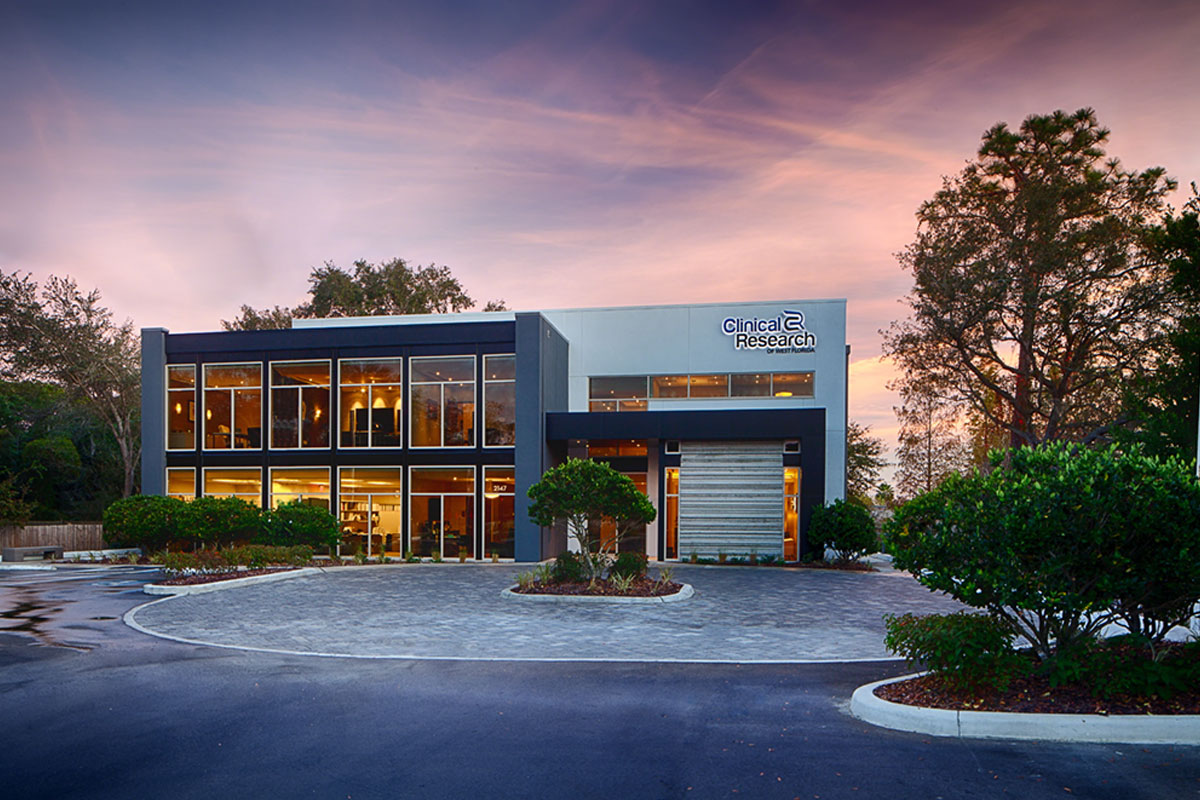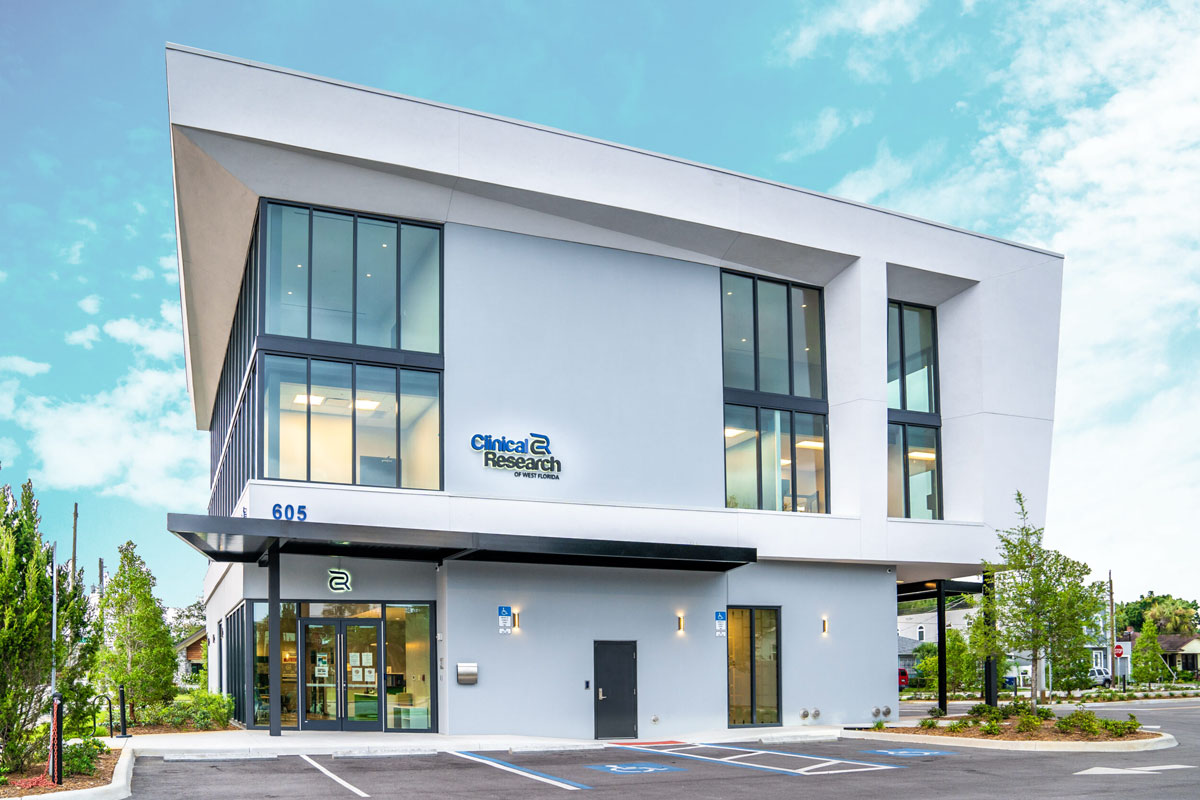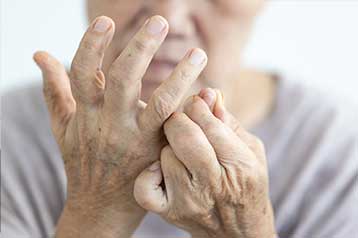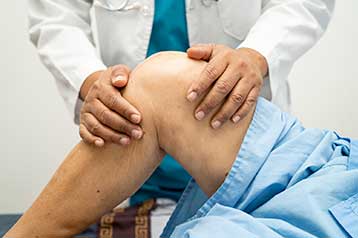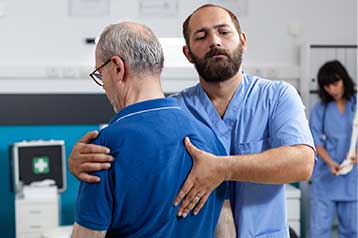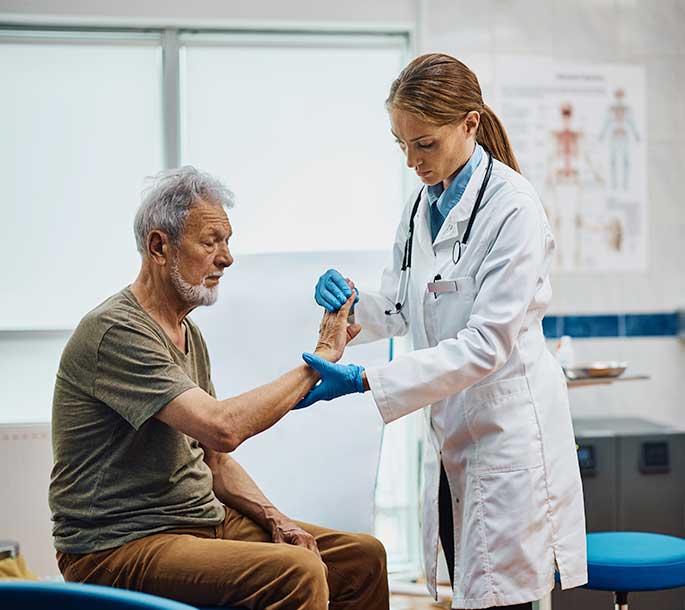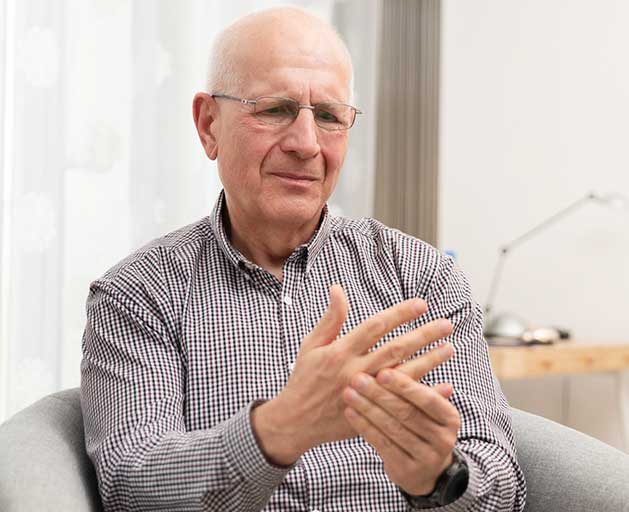
Compensation
Up to $1,900
For Completed Study
Rheumatoid Arthritis Clinical research study
Diagnosed With Rheumatoid Arthritis?
Do you have Rheumatoid Arthritis (RA) and want to support advancements in medical research? Consider joining our clinical trial to explore potential new treatment options while being compensated for your time and participation.
Check your eligibility, learn more about the trial process, and discover how you can help shape the future of RA treatments. Sign up below to get started!
two Convenient pinellas county locations
Study Locations
2147 NE Coachman Road
Clearwater, FL 33765
727-466-0078
605 N. Howard Ave.
Tampa, FL 33606
813-870-1292
Protocol: DRI17821 & IA-14069_1b | Indication: Rheumatoid Arthritis
What To Know About Volunteering For One Of Our Rheumatoid Arthritis Clinical Trials
Participating in a clinical trial is entirely your choice, and you are free to withdraw at any time. The process is designed to be straightforward and supportive, beginning with finding a trial that suits you, consulting with the study team to assess eligibility, reviewing and signing an informed consent form, completing necessary screening tests, and enrolling if you qualify.
want to learn more?
What is Rheumatoid Arthritis (RA)?
Rheumatoid Arthritis (RA) is a chronic autoimmune disorder where the immune system mistakenly attacks the body’s joints, leading to inflammation, pain, and potential joint damage. Unlike osteoarthritis, which results from wear and tear, RA is an inflammatory condition that can affect multiple joints simultaneously, commonly starting in the hands, wrists, and knees.
The symptoms of RA can vary, but typical signs include:
- Joint pain, stiffness, and swelling, particularly in the morning or after periods of rest
- Fatigue and a general feeling of illness
- Redness and warmth around affected joints
- Loss of joint function and flexibility
- In some cases, RA can affect other organs, such as the lungs or eyes
While there is no cure for RA, there are many treatments available to help manage symptoms, slow disease progression, and improve quality of life. Medications, physical therapy, and lifestyle changes are commonly used to reduce inflammation and preserve joint function.
Interested In Learning More

